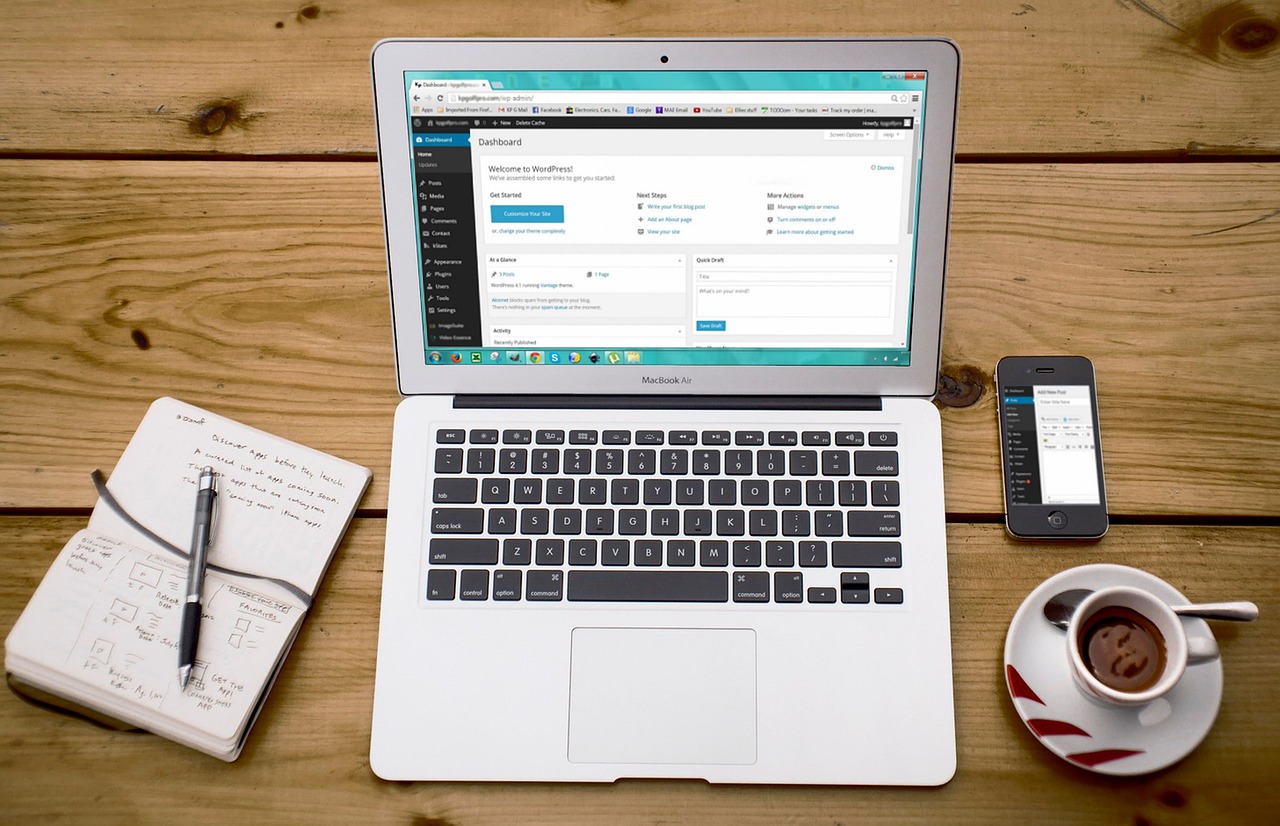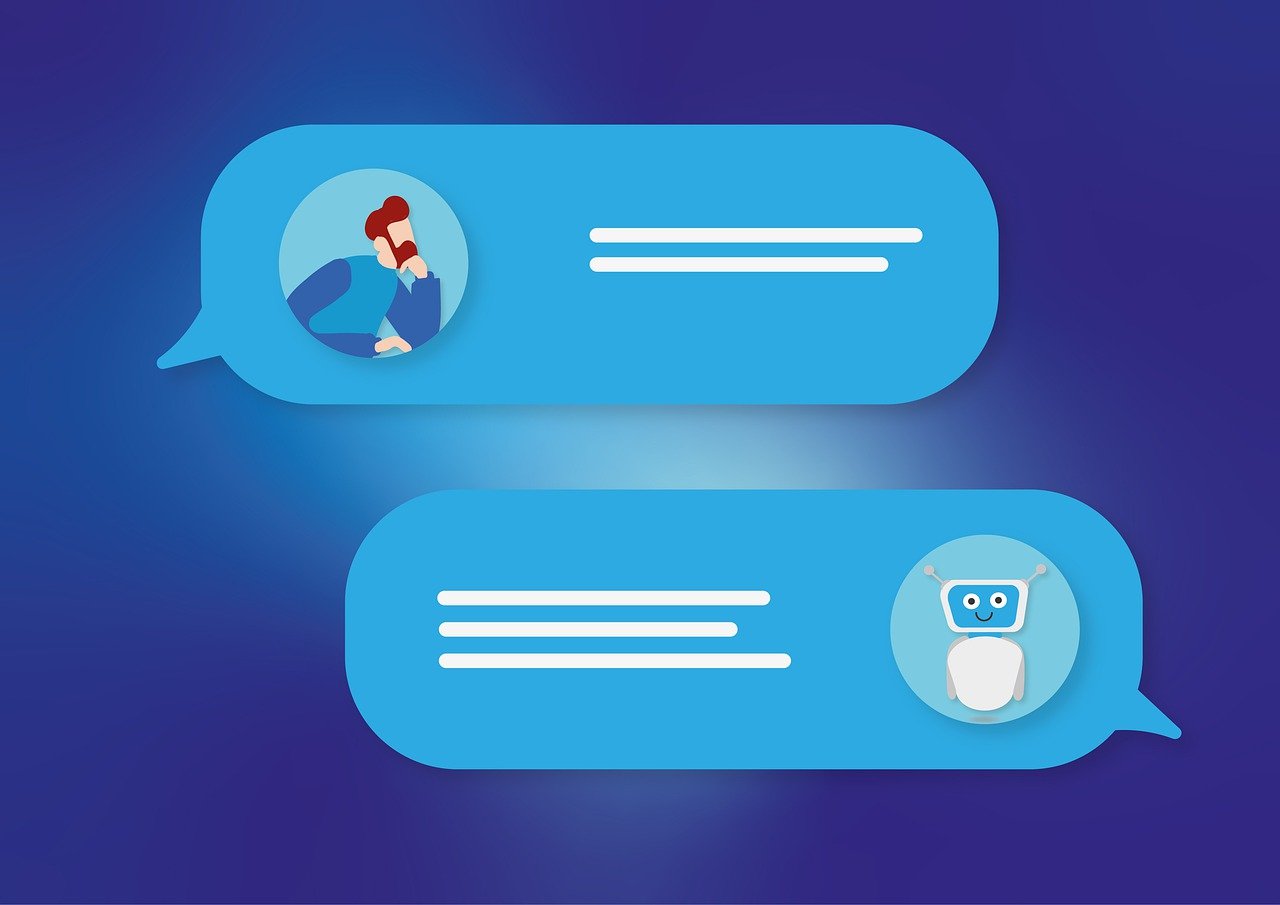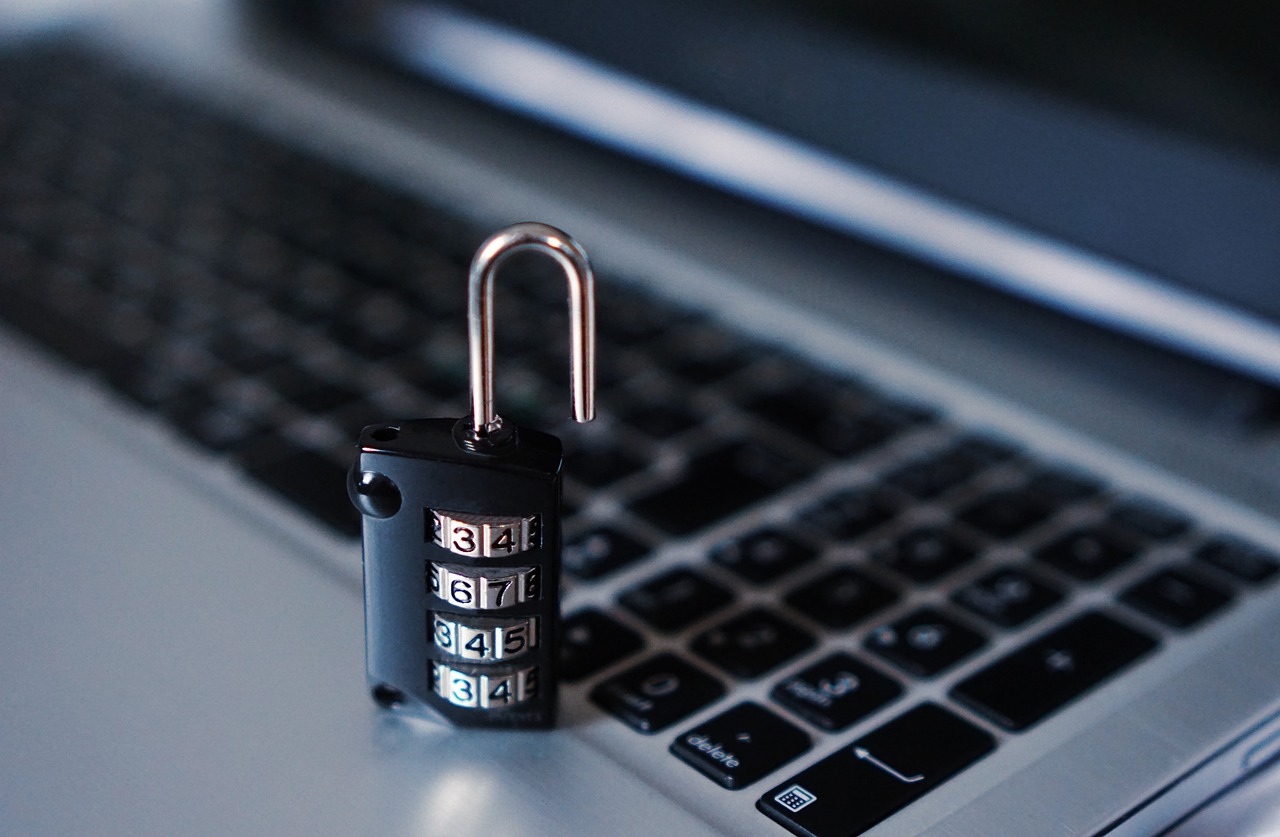Today technology plays a crucial role in the success and efficiency of cleaning companies. From scheduling and communication to customer management and workflow optimization, professional programming services offer a wide range of solutions to help cleaning companies streamline their operations, improve service delivery, and enhance customer satisfaction.
Tailored Solutions to Meet Specific Needs
Professional programming services offer cleaning companies the opportunity to customize software solutions to meet their unique needs and requirements. Whether it’s developing a scheduling system that integrates seamlessly with existing workflows or creating a customer management platform that enhances communication and engagement, tailored solutions ensure that cleaning companies have the tools and resources they need to succeed.
Increased Efficiency and Productivity
By automating repetitive tasks, optimizing workflows, and centralizing data management, professional programming services help cleaning companies improve efficiency and productivity. With streamlined processes and automated systems in place, employees can focus on delivering high-quality service to clients without being bogged down by manual administrative tasks.
Enhanced Communication and Collaboration
Effective communication and collaboration are essential for the success of cleaning companies, especially when managing remote teams or multiple locations. Professional programming services can develop communication tools and collaboration platforms that enable real-time communication, task assignment, and progress tracking, ensuring that everyone stays connected and informed.
Improved Customer Experience
In today’s competitive market, providing exceptional customer service is essential for retaining clients and attracting new business. Professional programming services can help cleaning companies enhance the customer experience by developing customer portals, feedback systems, and appointment scheduling tools that make it easy for clients to engage with the company and access services conveniently.
Data-Driven Decision Making
Access to accurate and up-to-date data is critical for making informed business decisions and driving growth. Professional programming services can create data analytics and reporting tools that provide cleaning companies with valuable insights into their operations, performance metrics, and customer preferences, empowering them to make strategic decisions that drive business success.
Scalability and Flexibility
As cleaning companies grow and evolve, they need scalable and flexible solutions that can adapt to changing needs and requirements. Professional programming services offer scalable software solutions that can grow with the company and accommodate increased demand, additional services, and expanding client bases, ensuring long-term success and sustainability.
Compliance and Security
Cleaning companies handle sensitive client information, including personal and financial data, which requires strict compliance with data protection regulations and robust security measures. Professional programming services prioritize compliance and security by implementing encryption, access controls, and data protection protocols to safeguard sensitive information and mitigate cybersecurity risks.
Competitive Advantage
In a competitive market, staying ahead of the competition is essential for success. Professional programming services give cleaning companies a competitive advantage by providing innovative solutions, cutting-edge technology, and advanced features that set them apart from competitors and position them as industry leaders.
Professional programming services offers wide range of benefits
Professional programming services offer cleaning companies a wide range of benefits, from tailored solutions and increased efficiency to improved customer experience and competitive advantage. By leveraging technology and partnering with experienced programming professionals, cleaning companies can streamline their operations, enhance service delivery, and achieve long-term success in the dynamic and competitive cleaning industry.










